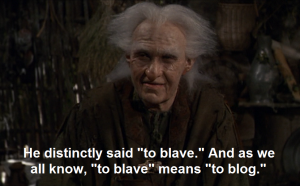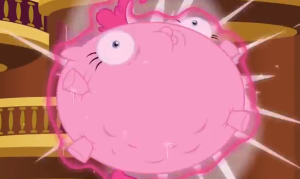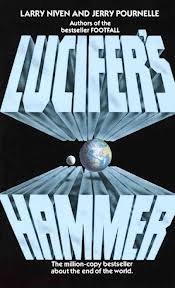More details here
Please take a moment today to not destroy the world.

In the interest of having backups, this is the full text of “9/26 is Petrov Day”, linked above.
Today is September 26th, Petrov Day, celebrated to honor the deed of Stanislav Yevgrafovich Petrov on September 26th, 1983. Wherever you are, whatever you’re doing, take a minute to not destroy the world.
The story begins on September 1st, 1983, when Soviet jet interceptors shot down a Korean Air Lines civilian airliner after the aircraft crossed into Soviet airspace and then, for reasons still unknown, failed to respond to radio hails. 269 passengers and crew died, including US Congressman Lawrence McDonald. Ronald Reagan called it “barbarism”, “inhuman brutality”, “a crime against humanity that must never be forgotten”. Note that this was already a very, very poor time for US/USSR relations. Andropov, the ailing Soviet leader, was half-convinced the US was planning a first strike. The KGB sent a flash message to its operatives warning them to prepare for possible nuclear war.
On September 26th, 1983, Lieutenant Colonel Stanislav Yevgrafovich Petrov was the officer on duty when the warning system reported a US missile launch. Petrov kept calm, suspecting a computer error.
Then the system reported another US missile launch.
And another, and another, and another.
What had actually happened, investigators later determined, was sunlight on high-altitude clouds aligning with the satellite view on a US missile base.
In the command post there were beeping signals, flashing lights, and officers screaming at people to remain calm. According to several accounts I’ve read, there was a large flashing screen from the automated computer system saying simply “START” (presumably in Russian). Afterward, when investigators asked Petrov why he hadn’t written everything down in the logbook, Petrov replied,”Because I had a phone in one hand and the intercom in the other, and I don’t have a third hand.”
The policy of the Soviet Union called for launch on warning. The Soviet Union’s land radar could not detect missiles over the horizon, and waiting for positive identification would limit the response time to minutes. Petrov’s report would be relayed to his military superiors, who would decide whether to start a nuclear war.
Petrov decided that, all else being equal, he would prefer not to destroy the world. He sent messages declaring the launch detection a false alarm, based solely on his personal belief that the US did not seem likely to start an attack using only five missiles.
Petrov was first congratulated, then extensively interrogated, then reprimanded for failing to follow procedure. He resigned in poor health from the military several months later. According to Wikipedia, he is spending his retirement in relative poverty in the town of Fryazino, on a pension of $200/month. In 2004, the Association of World Citizens gave Petrov a trophy and $1000. There is also a movie scheduled for release in 2008, entitled The Red Button and the Man Who Saved the World.
Maybe someday, the names of people who decide not to start nuclear wars will be as well known as the name of Britney Spears. Looking forward to such a time, when humankind has grown a little wiser, let us celebrate, in this moment, Petrov Day.
 Sometimes people try to imply that those who don’t want to die don’t care about others. For example, if put this way:
Sometimes people try to imply that those who don’t want to die don’t care about others. For example, if put this way:







